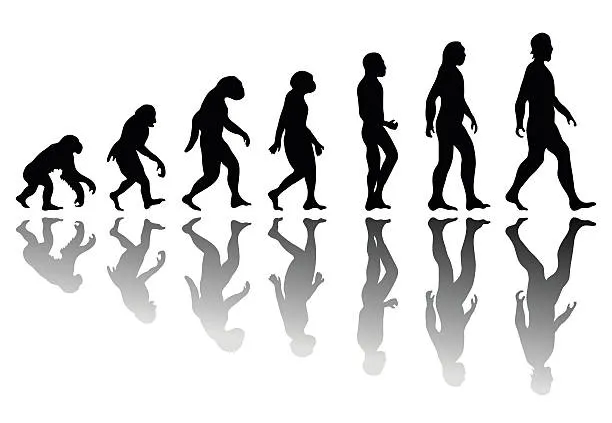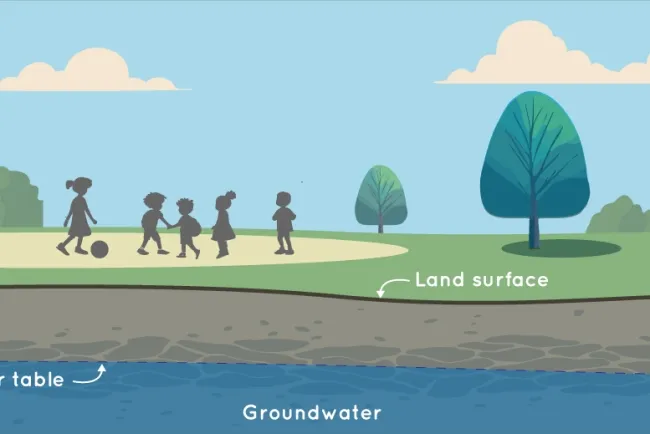The Anthropocene Epoch: Humanity’s Impact on Earth’s Geological Timeline
Since 2009, a dedicated team of geologists and scientists has been on a mission to determine whether humanity’s impact on Earth is significant enough to define a new geological epoch: The Anthropocene. This term, first proposed in 2002 by Nobel Prize-winning chemist Paul Crutzen, signifies the era in which human activity has fundamentally altered the planet’s systems—from climate to ecosystems and geology.

Now, after years of rigorous research, the Anthropocene Working Group (AWG) is set to reveal the precise location of “ground zero”, where the clearest geological evidence of humanity’s influence can be found. However, this concept faces skepticism from the scientific community, leading to a fierce debate about whether the Anthropocene should officially replace the Holocene Epoch, which began 11,700 years ago.
Defining the Anthropocene: A Human Epoch?
The fundamental questions surrounding the Anthropocene are:
- Would future geologists, perhaps even extraterrestrials, be able to identify a distinct human footprint in Earth's rock layers a million years from now?
- If so, when did this epoch begin?
The AWG believes the answer is yes, pointing to the mid-20th century as the likely starting point. This period, known as The Great Acceleration, saw rapid increases in:
- Greenhouse gas emissions
- Microplastic pollution
- Invasive species spread
- Radioactive fallout from nuclear tests
- Deforestation and biodiversity loss
These drastic changes, they argue, mark a clear geological boundary, distinguishing the Anthropocene from the Holocene.
The Search for the “Golden Spike”
To formally define a new epoch, scientists must identify a "Golden Spike"—a specific location where the geological record unmistakably captures humanity's impact. This could be a lake sediment, coral reef, ice core, or other natural archive that preserves the hallmarks of our influence.
The winning site will be revealed at a press conference held at the Max Planck Society in Berlin and a scientific meeting in France. However, before the Anthropocene can be officially recognized, it must pass rigorous scrutiny from the International Commission on Stratigraphy (ICS) and the International Union of Geological Sciences (IUGS).
A Divided Scientific Community
Despite the compelling evidence, many geologists and climate scientists remain divided. Some experts believe that while humanity's impact is undeniable, the Anthropocene does not meet the strict criteria to be an official epoch.
Phil Gibbard, Secretary of the ICS, argues that Earth’s glacial-interglacial cycle remains unchanged. According to him, the Holocene is merely another interglacial period, and the planet could continue in this pattern for another 50 million years. He suggests labeling the Anthropocene as an "event" rather than an epoch, much like the Great Oxidation Event that transformed Earth's atmosphere 2.2 billion years ago.
The Bigger Implications: Are We Ready to Accept the Truth?
For Johan Rockström, head of the Potsdam Institute for Climate Impact Research, acknowledging the Anthropocene is more than a scientific classification—it is a paradigm shift in our understanding of planetary systems.
"The realization that we are leaving the Holocene—the only state that has supported human civilization—is terrifying," Rockström warns.
If the Anthropocene is rejected, critics fear it could undermine global efforts to confront the climate crisis. Yan Zalasiewicz, leader of the AWG, worries that the term will lose its meaning if it is not formally ratified.
"If we fail to recognize the Anthropocene, it might create the illusion that the stable conditions of the Holocene still exist. But they don’t," he states.
Conclusion: A Defining Moment in Earth’s History
Science aims to distinguish what is real from what is not, and for many, the Anthropocene is a reality we must accept. The formal adoption of this epoch would force us to reckon with our impact on the planet and inspire urgent action to mitigate further damage.
Whether or not the scientific gatekeepers approve the Anthropocene, the evidence is clear: Humanity has left an irreversible mark on Earth.
What are your thoughts? Should we officially recognize the Anthropocene as a new epoch? Let us know in the comments!
What's Your Reaction?
















